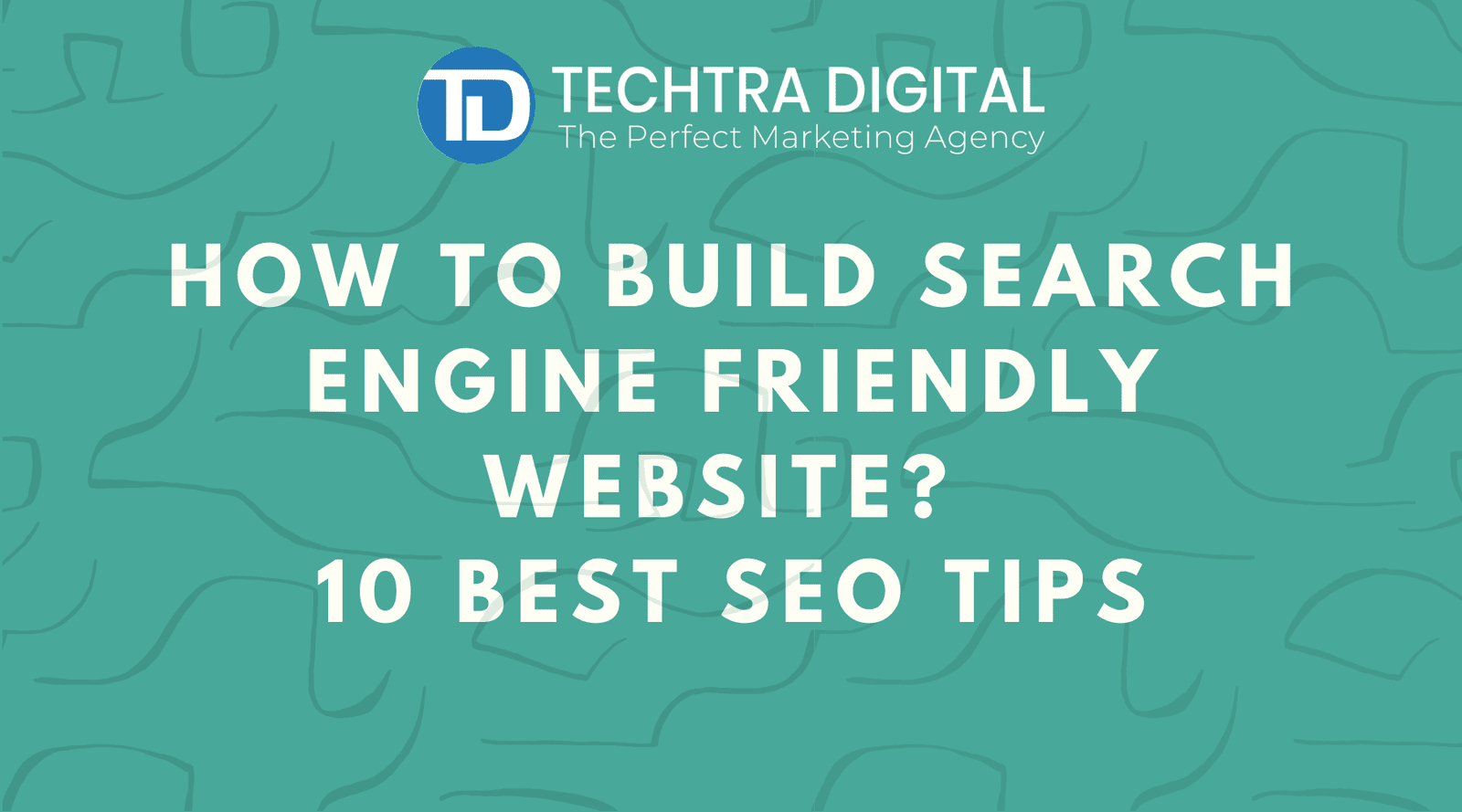SEO stands for Search Engine Optimization. Seo is the practice of increasing the quality and quantity of traffic to your website through organic search engine results by increasing your visibility on the internet.
- Quality of traffic: We all are very well aware of the fact that whenever we go looking up on google it shows us the website or web pages related to keywords we searched. For instance, If we went online on google and searched “Apple” and google showed us all the links related to or having “apple” in them will be displayed. But if you are searching for a Seller of apple products but you are redirected to a seller of fruits. Then it is not quality traffic. Instead of a fruit seller or farmer, you want a buyer who genuinely sells you the product you want.
- Quantity of traffic: When we go online and search something then we are directed to those on the Search Engine Results Page(SERPs). If the right person clicks on them, then we attract more traffic to our website.
- Organic Results: Whenever we search we can see some ads pop up on our screen or they are showcased at the top, bottom, left, right, or sometimes along with content. Ads play a significant role in many SERPs. Organic traffic is the traffic which we didn’t have to pay for, this type of traffic is generally directed from SERPs.
How does SEO work?
We all think that a search engine is a website we visit to search up our question which we type or speak into a box. Whatever search engine we use be it Google, Yahoo!, Bing, or any other. It magically replies with a never-ending long list of links to different web pages that could potentially answer our question. Well, that’s true. But did you ever think about how it happens or how it works?
We can say a search engine is a library for digital ages, instead of storing copies of heavy and thick books, they just store a digital copy of them. When we Google something, google crawls through all the pages of the index and returns with most relevant matches for our search within milliseconds or seconds. To do so, our search engine uses an algorithm that matches all the data with our query. How does this algorithm exactly work, well, this is a mystery for most of us till date.
Tips to make your website more SEO Friendly
After going through troubles while creating your website. It is important to build an SEO friendly website that is undeniable. Adding SEO optimizations into your website will increase your visibility on search engines, especially on Google SERPs. Google shares for more than 90% of global organic search traffic available on the internet. It is essential to ease the bot’s job to be ranked quickly and easily.
1. User-friendly URLs:
While developing a website we all ignore the URL structure of our website because it isn’t our priority. But it is still very important that we pay a bit of attention to it and use simple yet unique URLs for our page. Never forget the finer details about your website or web page.
2. Avoid plagiarized content:
Plagiarism a term we all are familiar with means that our content has a similar copy already available on search engines. We might never say it out loud often enough but plagiarized or duplicate content has become a major issue on SEO today. It damages our website’s ranking, especially when it comes to internal copies. Always check for the plagiarism of your content, even a percent to keep your top-notch.
3. Create an XML Sitemap:
When we build a website, we link many web pages to our site. An XML sitemap lists a website’s important pages and makes sure Google can find them while crawling all of them. It also helps search engines to understand your website structure. As we pass on more data to Google, it can also determine the pages that are important and more valuable to you by making them a priority.
4. Device compatible site:
In our busy and high paced lifestyle, sometimes when we want to search something we use our smartphone, tablets, iPad, etc as it is more convenient rather than firing up our desktop or laptops as it takes minutes to boot our system. Your website and content should be optimized so that it can be accessible by all the devices and our users can enjoy a great experience when they visit our site. Many tools are available online which assists us to develop device friendly websites.
5. Use robots.txt:
Robots.txt is a primary file that specifies web crawlers in which specific parts of your website should be crawled. If there are pages on your website that you don’t want to be crawled by search engines you should use robots.txt. Another good reason to use robots.txt is that it saves you money for all your crawls. Always remember to update your robots.txt file whenever you restructure your website.
6. Focus on internal linking:
Whenever we visit any website, we find links that redirect us to different webpages inside our website or even to some other websites. Internal linking helps us to build page authority. It also allows our readers or visitors to navigate easily among different web pages within our website. If they find our website relevant they tend to stick a little longer haul with us.
7. Optimize your image:
Images or graphical representation of our website is a very crucial part of our website. But when it comes to SEO optimization it can be overlooked. You can sure tips and tricks for easy implementation and perfectly optimized images.
8. Answer to comments:
Interaction with your readers or users plays a vital role in developing SEO friendly website. We can interact with our audience by answering all the questions or comments we have received whether they are positive or negative. It tells them that your content is worthwhile reading.
9. Avoid keyword stuffing:
Keywords are terms that give the reader an idea about what the content is all about. It represents the key element of our website or SEO approach. If you want your website at a good rank avoid keyword overstuffing as it damages your potential ranking in your niche.
10. Check for your orphan pages:
Orphan pages are web pages that are not linked to our website under any of the sections on our website. This means when a reader visits our site he or she might not know where to go next, as these pages are not linked with our site. These pages can not be found by crawlers as they are not mentioned in our index. We must check that all the pages or our website are linked properly to our website structure. There are many tools available on the internet that help us detect your orphan pages. On Crawl’s crossed analysis is one of a good example, it has all the appropriate tools to study SEO elements in depth. It tells us about active and inactive web pages on our site, thus it optimizes the structure of our site overall.
A Few More SEO Tips
● Make sure your code is valid: While coding a website, there are few guidelines that you should follow to generate a perfect code. You can get in touch with online validators to evaluate your website. World Wide Web Consortium or W3C is one of them and make sure your code is up to snuff.
● Invite other sites to link with your site: Ask another website to link up with you as doing so can increase your site ranking. If you link up with a site that has a maximum number of links and has a good ranking, then it adds a cherry on top. Google rewards site with the highest number of interlinks.
● Eye-catchy description: The art of writing and eye-catchy description for your site. Try to make it brief not more than 75 to 100 words. Include all the vital keywords and phrases in it and make sure it reads like a sentence. Add it on top of your site under the meta description tag.
● Get your self registered with mobile site search engines: Yahoo!, a mobile search engine features site on their web search. But only if they are aware of your site and know that your site is designed for mobile too.
● Use keywords in your web page heading: Most search engines give priority to those sites which include keywords in their headline. But it should be designed under the heading tag.
Key Point To Note
I hope this helps you make an SEO friendly website for your business. Moreover, try to keep a close eye on the trending keywords, use them well. Don’t expect an instant or permanent result, as many search engines take weeks or months to recognize your efforts and reflect changes to web pages on the internet. If you do everything right in the search engine search game have some patience your efforts will reward you sooner or later.




